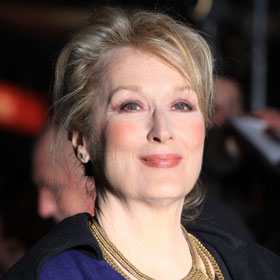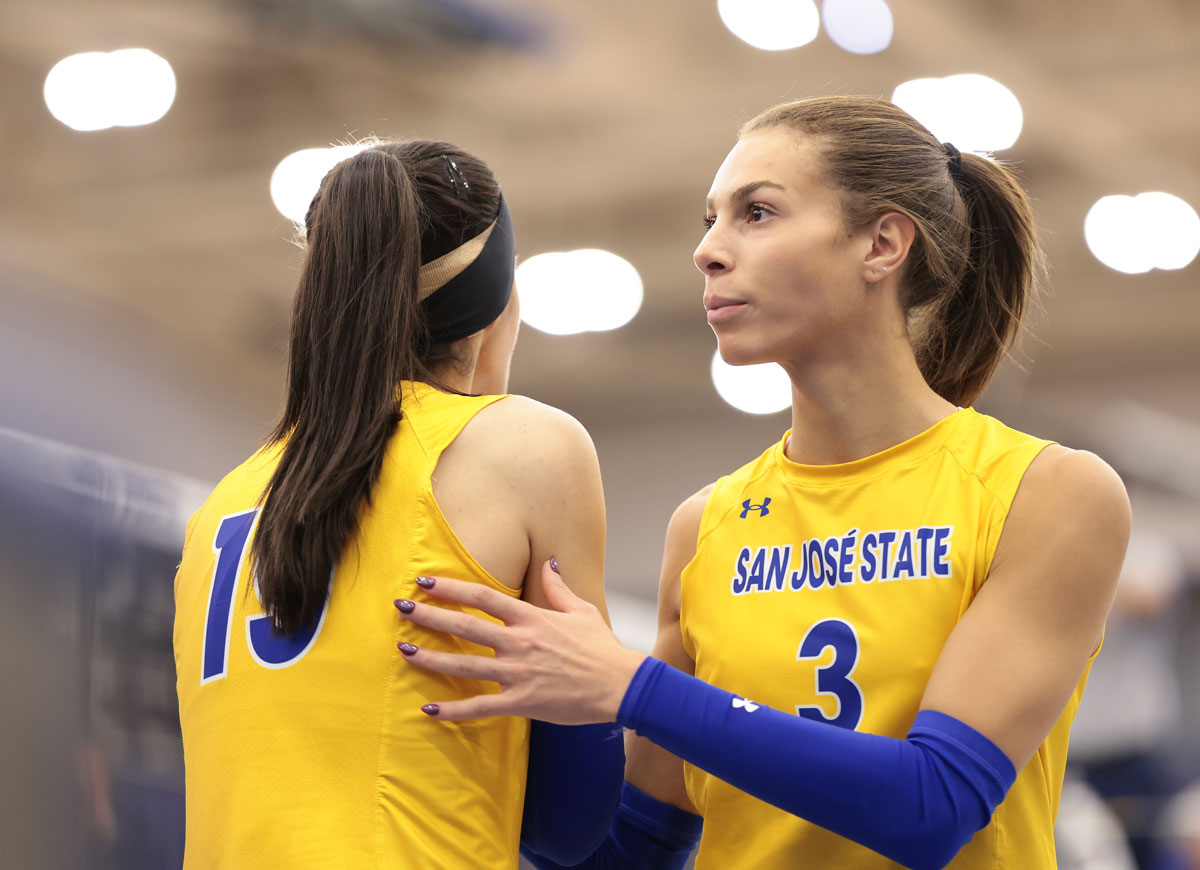Will Meryl Streep Win Her Third Oscar For 'The Iron Lady'?
Amidst the stir of fervent political opinion during an election year stands Meryl Streep, the most-nominated actor in the history of the Academy Awards, who plays former British Prime Minister Margaret Thatcher in The Iron Lady. Thatcher is often called a polarizing figure, given her conservative Tory politics and tough-minded leadership from 1979-1990, and it is no surprise that the unequivocal warmth that greeted Streep's most recent Oscar-nominated role — that of beloved celebrity chef Julia Child in 2009's Julie & Julia — has not been so willing to return.
That Streep, who has already received nominations from the Screen Actors' Guild and the Golden Globes, will be named one of the five women contending for Best Actress this year (a record-extending 17th nomination!) is by now a foregone conclusion, but whether or not she will win is another story. The fact that she portrays a still-living icon of conservative politics complicates her chances a bit more, as does her own history with the Academy.
Streep won her first Oscar, for Best Supporting Actress, for 1979's Kramer vs. Kramer. Three years later she won Best Actress for Sophie's Choice. Since 1982 Streep has been nominated 12 times — for a diverse array of films including Silkwood, The Bridges of Madison County, The Devil Wears Prada and Doubt — and has lost every time. Streep joked recently that she has fourteen unused acceptance speeches that she has pre-written every year and should publish them as a collection.
Many feel that Streep deserves comeuppance for having languished on the losers' list for nearly 30 years. Meanwhile, other actresses with less talent, less star power and less box office mojo have lucked out and beat her. That Hillary Swank has won two Oscars — as many as Steep has — seems farcical, but that's Hollywood. History has shown that many voters faced with the choice to award Streep her third trophy over, say, giving Sandra Bullock her first, would rather let Bullock have it.
Who Streep's competition will be this year — Glenn Close, most likely, for her gender-bending role in Alber Nobbs, as well as Michelle Williams' critically acclaimed portrayal of Marilyn Monroe in My Week With Marilyn — means nearly everything. Close, a highly admired acting veteran in her own right, has never won an Oscar, despite having been nominated five times during the 1980's. Pitted against Streep, she and her empty coffer might win more sympathy votes.
There is also the issue of The Iron Lady's critical reception, which has been mixed. An actor need not star in a Best Picture contender to win an acting award, but if viewers feel that a movie is terrible then they may be less inclined to vote for the actor in it. The general consensus among film reviewers seems to be that while Streep's performance as Thatcher is amazing, the film itself leaves plenty to be desired. Whether or not that hurts Streep's chances or improves them is, like many factors surrounding her bid for a third Oscar, a bit of a toss-up.
Read more here:
VIDEO: Anne Hathaway Salutes Meryl Streep With Splits
Meryl Streep, Neil Diamond Among Kennedy Center Honorees
Meryl Streep Oldest Woman To Grace 'Vogue' Cover
2 Comments
Leave a comment
RELATED ARTICLES
Get the most-revealing celebrity conversations with the uInterview podcast!






Even if she doesn't win, there's still no question about it: Streep is one of the greats.
She's a very iconic actress, no matter what.